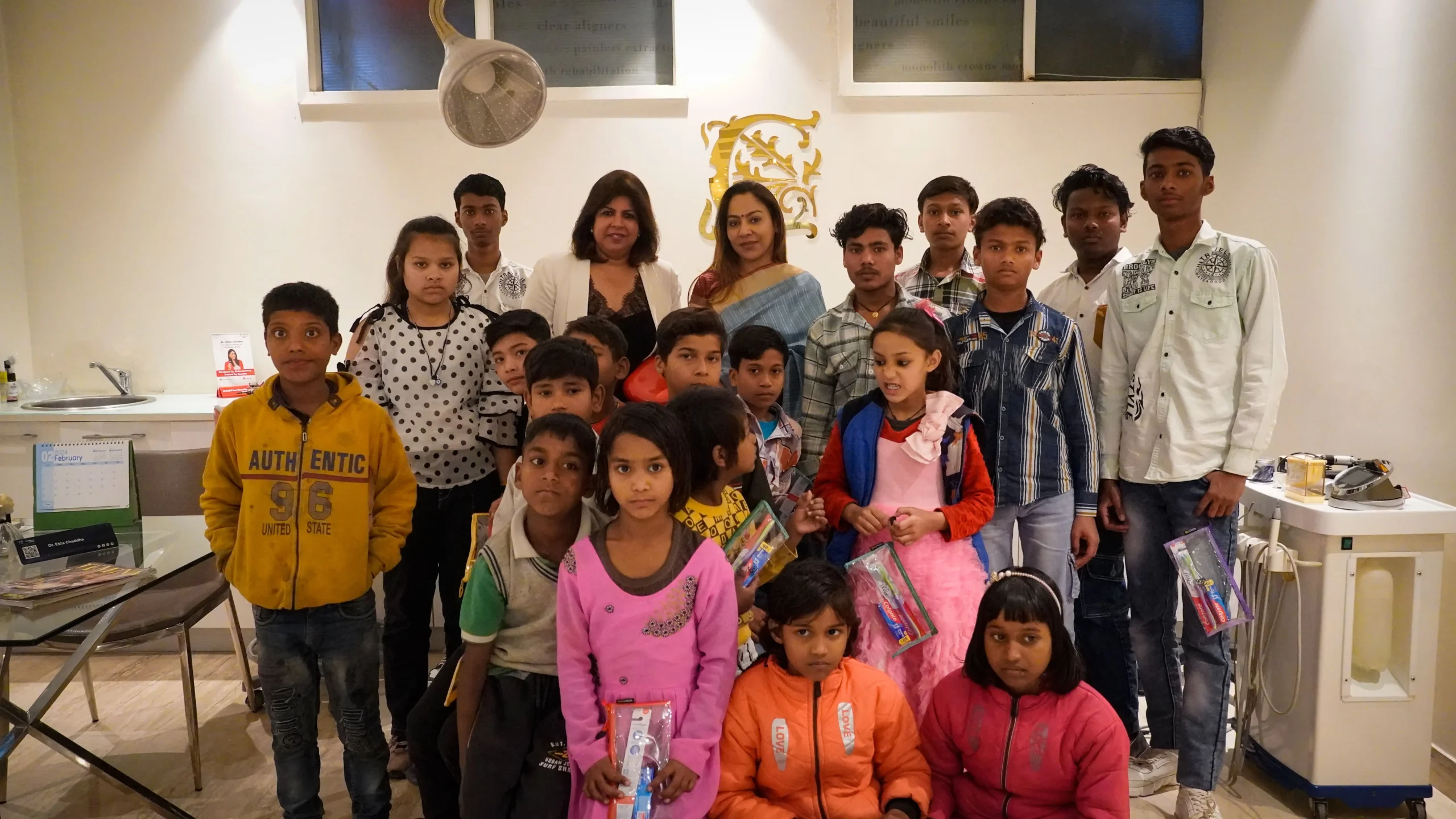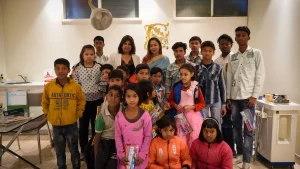How NGOs are Boosting Female Labour Force Participation in India

How NGOs are Boosting Female Labour Force Participation in India

India, a country with a population of over 1.3 billion, has been witnessing a significant shift in its labor force dynamics. Despite the country’s rapid economic growth, the participation of women in the workforce has remained stagnant for the past 23 years. However, the landscape is gradually changing, thanks to the relentless efforts of various Non-Governmental Organizations (NGOs) working towards boosting Female Labor Force Participation.
The Current Scenario
The female labour force participation rate (FLPR) in India is currently among the lowest 20 worldwide. According to the World Bank, while the Indian economy has grown more than tenfold since 1990, the proportion of women in the workforce has more or less remained stagnant. Women still face obstacles that prevent them from fully participating in the workforce. This has far-reaching consequences for gender equality, economic growth, and social development. The challenges are systemic, but they can be overcome. By addressing these barriers, we can create a more inclusive and equitable society.
The Role of NGOs For Female Labor Force Participation
NGOs, particularly those focusing on women’s empowerment, have been playing a pivotal role in addressing these challenges and creating an environment conducive for women to join the workforce. They have been instrumental in implementing various initiatives aimed at empowering women, enhancing their skills, and providing them with the necessary support to overcome societal and economic barriers.
One of the key areas where NGOs have been focusing their efforts is education. The growing number of young women pursuing higher education is supported by programs such as “Beti Bachao, Beti Padhao” and Sukanya Samriddhi Yojana. These initiatives encourage saving and educating girls, thereby creating a strong foundation for their future participation in the workforce.
Skill Development for Women
Skill development for women is another area where NGOs are making a significant impact. By providing vocational training and skill development programs, these NGOs are equipping women with the necessary skills to compete in the job market. As a result, they are more competitive and self-assured, enhancing their employability and self-esteem.
Nudging Strategies
NGOs also employ nudging strategies to boost women’s participation in the workforce. By integrating nudging interventions like flexible working hours, supporting environment, crèche facilities, and policy reforms like extended maternity breaks, organizations may contribute substantially to reducing workplace gender disparity.
Policy on Women’s Empowerment
The policy on women’s empowerment plays a crucial role in promoting gender equality in the workforce. NGOs are actively involved in advocating for policy changes that promote women’s rights and equality. They work closely with the government and other stakeholders to ensure that these policies are implemented effectively.
Collaborative Approach Female Labor Force Participation
Indian society should adopt a three-pronged approach to boost female LFPR through active participation and collaboration among society, government, and business.NGOs, with their grassroots reach and understanding of local issues, are ideally positioned to drive this collaborative approach.
The Road Ahead
While the efforts of NGOs have started showing positive results, there is still a long way to go. Achieving gender equality in the workforce requires collective efforts from the government, businesses, society, and women.
Tags: ngotohelpwomen, ngowomenempowerment, policyonwomenempowerment, skilldevelopmentforwomen, skilldevelopmentprograms